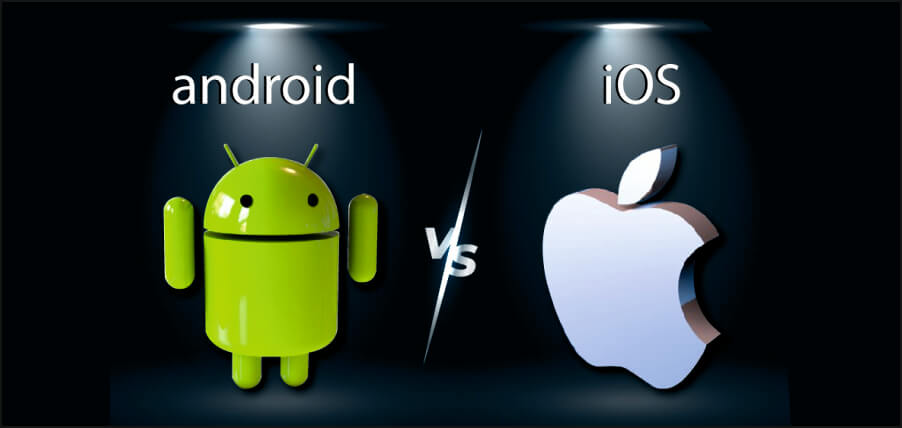Introduction
In the world of smartphones, two dominant operating systems have captured the market: Android and iOS. The debate between Android and iOS users is longstanding, with each side advocating for their preferred operating system. In this article, we will delve into the comparison of Android and iOS, exploring their user experience, app ecosystems, device compatibility, security, and more, to determine which operating system reigns supreme.
I. A Brief Overview of Android and iOS:
Android:
- Discuss the open-source nature of Android and its availability on a wide range of devices.
- Highlight the flexibility and customization options that Android offers to users.
iOS:
- Introduce iOS as a proprietary operating system exclusively available on Apple devices.
- Discuss the seamless integration of iOS with other Apple products.
II. User Experience and Interface:
Android:
- Explore the user experience on Android devices, emphasizing the freedom to customize the interface, widgets, and app placements.
- Discuss the wide variety of Android device manufacturers and the resulting variations in user interfaces.
iOS:
- Highlight the consistent and intuitive user interface of iOS across all Apple devices.
- Discuss the optimized user experience and ease of use offered by iOS.
III. App Ecosystem and Availability:
Android:
- Explore the vast app ecosystem of Android, including the availability of a wide range of apps from various sources.
- Discuss the open nature of Android’s app store, allowing developers to easily publish their apps.
iOS:
- Discuss the curated and regulated app store of iOS, ensuring higher quality and security standards for apps.
- Highlight the exclusivity of certain apps and games that are developed specifically for iOS.
IV. Device Compatibility and Price Range:
Android:
- Discuss the wide range of devices available for Android, catering to different budgets and preferences.
- Highlight the affordability and availability of budget-friendly Android devices.
iOS:
- Discuss the exclusive availability of iOS on Apple devices, which tend to have a higher price range.
- Explore the premium build quality and advanced features offered by Apple devices.
V. Security and Privacy:
Android:
- Discuss the security measures implemented by Android, including app permissions and built-in security features.
- Address the concerns regarding malware risks and fragmentation across different Android devices.
iOS:
- Highlight the robust security features of iOS, including app sandboxing, data encryption, and frequent security updates.
- Discuss the emphasis on privacy and user data protection in the iOS ecosystem.
VI. Integration with Ecosystem and Services:
Android:
- Discuss the integration of Android devices with various ecosystems and services, such as Google services and third-party apps.
- Highlight the seamless connectivity between Android devices and other smart devices in the Internet of Things (IoT) ecosystem.
iOS:
- Explore the deep integration of iOS with the Apple ecosystem, including services like iCloud, iMessage, and Apple Music.
- Discuss the benefits of using multiple Apple devices and the convenience of data synchronization.
VII. Updates and Support:
Android:
- Discuss the availability of software updates on Android devices, which can vary depending on the manufacturer and carrier.
- Address the challenge of fragmentation, where older devices may not receive the latest Android updates.
iOS:
- Highlight the consistent and timely software updates provided by Apple, ensuring all supported devices receive the latest features and security patches.
- Discuss the extended support provided for older iOS devices.
Conclusion
In the Android vs. iOS debate, both operating systems have their strengths and unique offerings. The choice between Android and iOS ultimately depends on personal preferences, device compatibility, and specific requirements. Android excels in customization options, affordability, and device diversity, while iOS offers a seamless user experience, robust security, and deep integration with the Apple ecosystem. Whether you lean towards Android or iOS, both operating systems continue to innovate and provide users with exceptional smartphone experiences.

